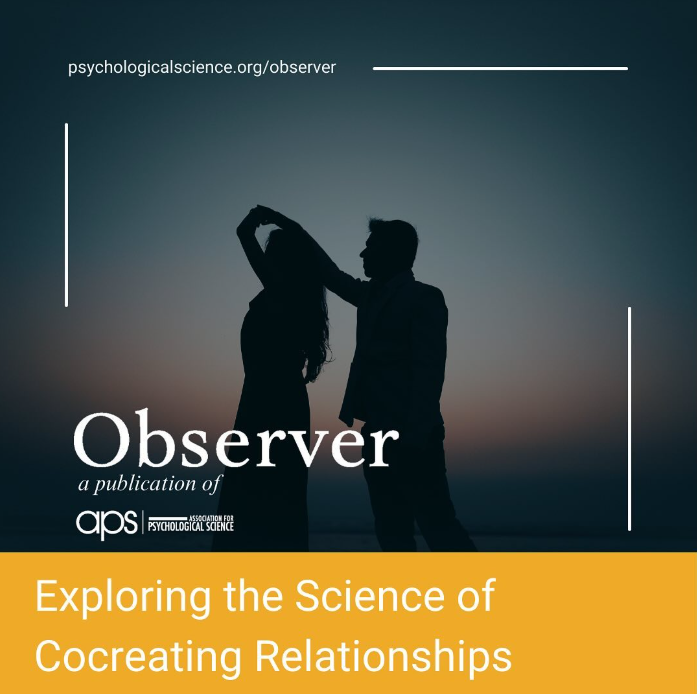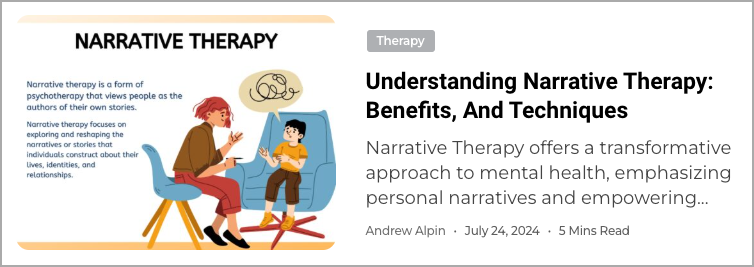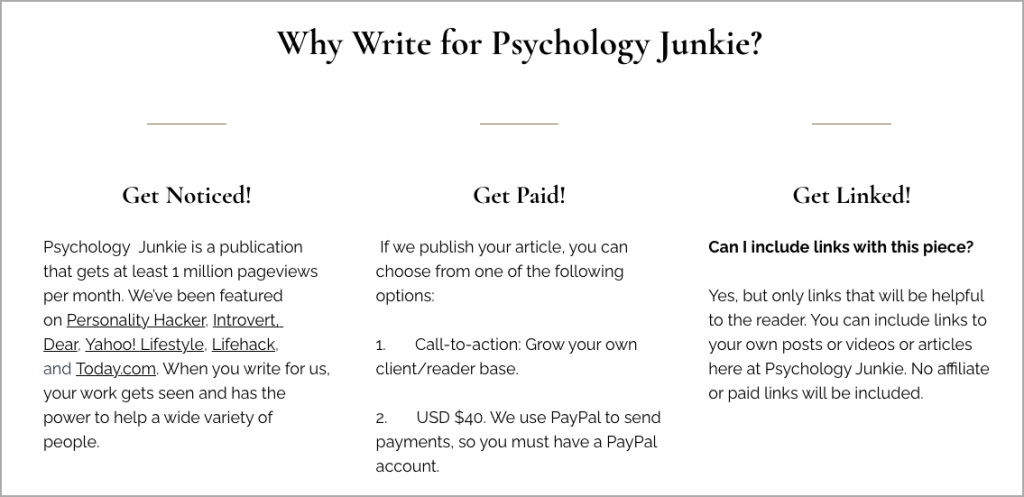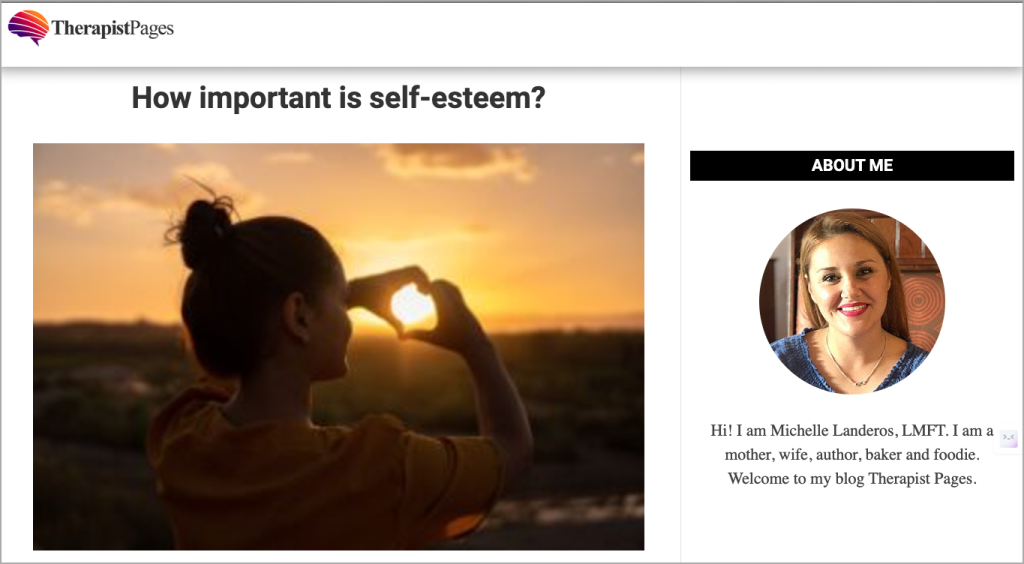
Guest posting remains one of the most effective strategies for building a strong SEO foundation, despite the evolving nature of Google algorithms. When you contribute high-quality content to reputable websites in the healthcare and mental health industry, you’re not just sharing your expertise – you’re creating valuable backlinks that signal to search engines that your website is trustworthy and authoritative. These backlinks act as “votes of confidence” from other websites, and they continue to be a crucial ranking factor in Google’s algorithm. Moreover, when you select relevant, high-domain-authority websites for your guest posts, you’re creating connections that can have a lasting positive impact on your site’s search engine rankings.
Beyond the direct SEO benefits of acquiring quality backlinks, guest posting opens up tremendous opportunities for expanding your online visibility and reaching new audiences. When you contribute content to established blogs in your niche, you’re putting your brand in front of an already-engaged audience that’s interested in your industry or subject matter. This increased exposure not only drives referral traffic to your website but also helps establish your brand as a thought leader in your field. As more people discover your content through guest posts, they’re more likely to share it on social media, link to it from their own websites, and engage with your brand – all of which create additional signals that search engines use to determine your content’s relevance and authority.
Perhaps one of the most overlooked advantages of guest posting for SEO is its ability to help you build lasting relationships within your industry. When you consistently contribute valuable content to other blogs, you’re not just building links – you’re networking with other content creators, industry experts, and potential business partners. These relationships often lead to additional guest posting opportunities, collaborative content projects, and mutual promotion efforts that can significantly amplify your SEO results. Furthermore, as you develop a reputation as a reliable contributor, you’ll find it easier to secure guest posting opportunities on even more prestigious websites, creating a positive cycle that continues to strengthen your SEO profile over time. The relationships you build through guest posting can also provide valuable insights into your industry and help you stay current with trends and best practices, which can inform your overall content and SEO strategy.
One of the great things about being in the business of ketamine therapy is that it’s a niche discipline of the vast mental health industry. With myriad topics, symptoms, and conditions to write about, mental health publications are abundant. For example, in just a couple of hours, I was able to identify twelve excellent blogs and online publications open to mental health focused guest contributions.
- The Association for Psychological Science produces the Observer online magazine covering matters affecting the research, academic, and applied disciplines of psychology. They provide opportunities for writers to publish a wide range of feature articles (2,000–2,500 words), news articles (500–800 words), interviews with psychological scientists doing interesting work, and audio and video content featuring scientists and their work.

- Therapist.com has been helping authors launch and grow their careers for over 40 years, publishing contributed articles on therapy success stories, strategies for living well, lessons learned in the therapy room, the latest mental health research, how to end stigmas, and more.
- Journify is an audio journaling app that enables users to take voice notes, to de-stress and calm their minds. The company’s Burnout Lab & Mental Wellness Blog is aimed to help readers understand their brain’s function and equip them to incorporate mental wellbeing hacks into their daily lives. The blog accepts expert mental health article contributions on topics ranging from happiness, to mood, sleep, stress management, burnout, and more.

- The Violet Journal is a lifestyle blog aimed at women aged 18-34, and is always looking for new and talented writers to submit a guest post across a variety of topics, including mental health.
- PsychiCare is a mental health organization that is committed to providing valuable information and resources to those who are struggling with mental health issues. They look for passionate writers who have a strong interest in mental health and are committed to creating high-quality content.
- Psychreg looks for “lively essays” on any topic in psychology, mental health, and wellness that are either research-based or something based on the writer’s experience. As their website notes:

- Beyondpsychub is a psychology and growth model blog carrying content based on extensive research intended to empower individuals to conquer themselves for better mental health. They are often looking for guest writers who want to help people struggling with mental issues who need inspiration, motivation, and life lessons for self-development and growth.

- Longevity publishes a variety of blog categories, including wellness and medical research. They accept guest posts from writers who have a passion for their subject and wish to share it with their readers.

- Psychology Junkie is a publication that gets at least 1 million pageviews per month, and has been featured on Personality Hacker, Introvert, Dear, Yahoo! Lifestyle, Lifehack, and Today.com. They will publish well-written, meaningful contributions from experts, creatives, and thought leaders in the industry.

- Psychology Clinix is a blog that explores the intricate and essential realms of mental health and psychology, and provides a platform for writers, professionals, and experts can share their knowledge, experiences, and expertise with valuable mental health insight contributions.

- Marriage.com is open to publishing enlightening and informative articles from mental health experts and bloggers offering advice and stimulating first-hand accounts.
- TherapistPages is always looking for, but very selective, when it comes to inviting new writers to contribute to their Mental Health and Psychology blog. Writers need not be professional clinicians but are expected to be well versed on the subject matter about which you are writing.

Ready to Take Your Ketamine Clinic to the Next Level?
The future of mental health care is here—and ketamine therapy is leading the way. But to truly thrive, your clinic needs to be visible in your community, earn patient trust, and communicate its life-changing potential effectively. That’s what we’re here to help you accomplish.
Partnering with Ketamine Marketing Pros is more than just an investment in marketing; it’s an investment in your clinic’s growth, credibility, and ability to make a difference in patients’ lives. Let us help you attract more patients, increase your revenue, and position your clinic as a leader in the field of mental health and alternative therapies.
Contact Us Today for a FREE Marketing Consultation!


